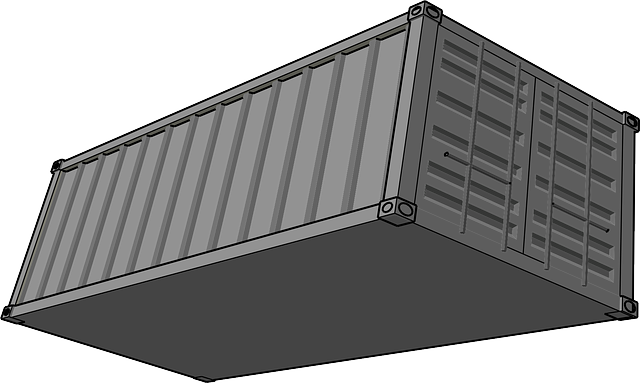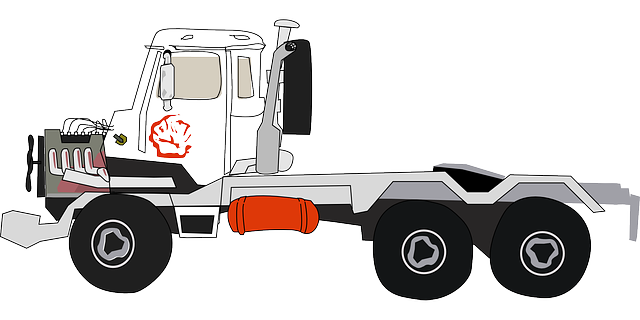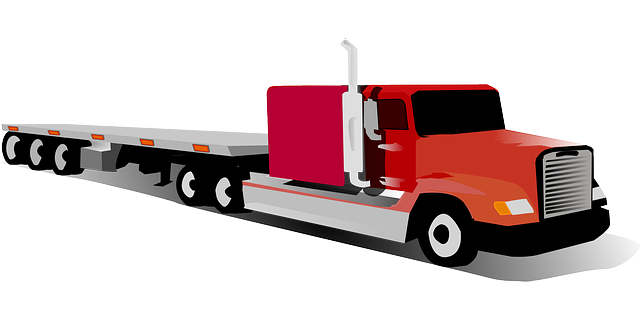Understanding rental truck policies is vital before renting a vehicle, as they protect both the company and customer by outlining expectations and liabilities. These policies cover insurance options, maintenance, fuel, return conditions, and driver/modification rules. For businesses, rental truck policies offer flexible liability coverage and damage waivers, reducing out-of-pocket expenses. Proactive safety measures include securing cargo and adhering to regulations. Optimizing insurance involves reviewing limits, deductibles, and exclusions, guiding informed decisions when comparing quotes and updating policies based on usage changes for financial protection.
“Uncover the secrets to navigating flexible insurance options for your truck rentals with our comprehensive guide. In the world of commercial trucking, understanding rental policies is key to mitigating risks and optimizing protection. We delve into ‘Understanding Rental Truck Policies,’ exploring the nuances of coverage. Subsequently, we highlight ‘Key Flexibilities’ in insurance plans tailored for commercial rentals. Furthermore, learn about common exclusions and strategies to minimize them. By adopting best practices, you can ensure your rental truck insurance offers comprehensive protection.”
- Understanding Rental Truck Policies: A Comprehensive Guide
- Key Flexibilities in Insurance Coverage for Commercial Rentals
- Common Exclusions and How to Mitigate Risks
- Best Practices for Optimizing Your Rental Truck Insurance Protection
Understanding Rental Truck Policies: A Comprehensive Guide

Understanding Rental Truck Policies is a vital step before committing to any truck rental agreement. These policies, often referred to as rental agreements or terms and conditions, are designed to protect both the rental company and the customer. They outline the expectations, responsibilities, and potential liabilities for each party involved. By thoroughly reading and comprehending these policies, individuals can ensure they are adequately covered during their rental period, avoiding unexpected financial burdens or legal issues.
Rental truck policies typically cover various aspects of the rental process. This includes detailed information about insurance options, liability limits, maintenance procedures, and what constitutes acceptable use of the vehicle. For instance, some policies may specify the types of fuel to be used, requirements for returning the truck in good condition, and rules regarding additional drivers or modifications made to the vehicle. Knowing these guidelines beforehand allows customers to make informed decisions about their rental choices, ensuring a smooth and stress-free experience.
Key Flexibilities in Insurance Coverage for Commercial Rentals

When renting a commercial truck, understanding your insurance coverage is paramount to ensuring protection against unforeseen events. Key flexibilities in rental truck policies cater to specific business needs, offering tailored solutions for unique risks. One such flexibility pertains to liability coverage, which can be adjusted to align with the value of the goods being transported and the nature of the operation.
Additionally, rental agreements often include options for comprehensive and collision damage waivers, significantly reducing out-of-pocket expenses in case of accidents or damage to the vehicle. These waivers can be particularly beneficial for businesses with tight margins, allowing them greater financial flexibility and peace of mind while operating a commercial rental truck.
Common Exclusions and How to Mitigate Risks

When renting a truck, it’s crucial to understand your rental truck policy and the potential exclusions. Many standard insurance policies don’t cover certain types of damage or liabilities associated with truck rentals. Common exclusions include damage caused by improper use, cargo not secured properly, and accidents occurring during towing. To mitigate these risks, consider opting for an enhanced rental truck policy that offers broader coverage.
You can also take proactive steps to ensure a safer experience. Securely fasten your cargo using appropriate tie-down equipment provided by the rental company. Avoid high-risk driving conditions and maintain regular vehicle inspections. Additionally, familiarize yourself with local laws and regulations regarding truck rentals to stay compliant and minimize potential risks.
Best Practices for Optimizing Your Rental Truck Insurance Protection

When optimizing your rental truck insurance protection, the first step is to thoroughly understand your rental truck policy. Review the coverage limits, deductibles, and exclusions carefully. Ensure that you’re aware of what’s covered and what isn’t—this knowledge will help you make informed decisions about additional coverage options.
Best practices include comparing quotes from multiple insurers, considering your specific needs based on the type of cargo and distance traveled, and opting for comprehensive and collision coverage if available. Regularly reviewing and updating your policy as your rental truck usage changes is also crucial. Remember, a well-optimized rental truck policy not only protects you financially but also ensures peace of mind while on the road.
